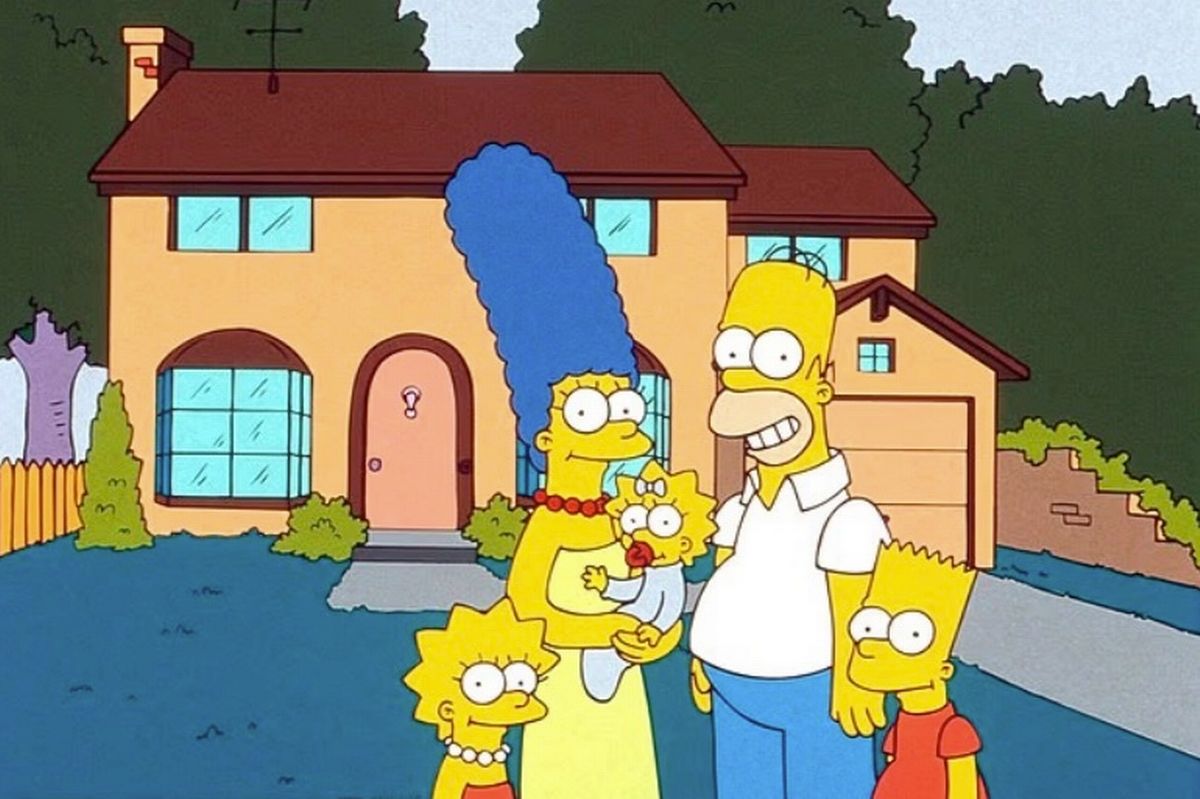The Duff Beer mascot, called Duffman, made his final appearance, delivering his last trademark “Oh yeah!”, during series 37’s episode Separation — a parody of Apple TV+’s Severance
The Simpsons has announced the “permanent” retirement of a longtime character after nearly three decades on the air.
In the season 37 episode Separation — a parody of Apple TV+’s Severance — the Duff Beer mascot Duffman made his final appearance, delivering his last trademark “Oh yeah!”
The episode, which aired Sunday, features Barry Duffman entering the Simpson household to break the news to Homer, Marge, and their children—while simultaneously addressing viewers. Speaking in the third person, the Duff Beer spokesman revealed that the character was being officially retired.
“The Duff Corporation has, uh, retired that character forever,” he announced. “All the old forms of advertising are now passé. Corporate spokesmen, print ads, TV spots. Today’s kids can’t even sing the jingles.”
READ MORE: Massive Fortnite outage with spike in complaints from gamersREAD MORE: Everything The Simpsons correctly predicted in 2025 – from Elon Musk to Donald Trump
Voiced by Hank Azaria, Duffman is known for his red cape, utility belt lined with Duff beer cans, and exaggerated superhero persona. He first appeared in the 1997 episode The City of New York vs. Homer Simpson and remained a recurring presence through season 37.
In his final storyline, Duffman attempts to recruit Homer into a mysterious corporation called EOD, before ultimately deprogramming himself. He sheds the persona for good, appearing in civilian clothes after seemingly hanging up his cape, according to TVLine.
Duffman’s exit comes less than two months after another long-running Simpsons character met a more tragic end. Alice Glick, the First Church organist and a recurring character for 35 seasons over 34 years, died during a sermon in a recent episode.
READ MORE: Lindsay Lohan makes surprise career u-turn as she’s set to star in The Simpsons
The changes arrive amid ongoing fan debate over the show’s future, with criticism alternating between frustration over the deaths of minor characters and concern that the series continues indefinitely as the main cast’s voices audibly age. The show also sparked controversy in June 2025 after killing off Marge Simpson—though only in a flash-forward set years in the future.
In recent seasons, several other minor characters have also been written out, including Larry the Barfly, marking a notable shift in the long-running animated series’ approach to its extended cast.
In 2023, Bart’s longtime antagonist Sideshow Bob (voiced by Frasier star Kelsey Grammer) was killed off, but it was in another flash-forward in that year’s Treehouse Of Horror Halloween episode, which isn’t consider canonical.
Even as The Simpsons has moved to cull some of its less-popular characters, it has also brought back iconic faces in recent years, including the Albert Brooks–voiced Jacques, a French bowler who tried to score a strike with Marge.
Matt Groening’s show first aired in 1989, and over the last nearly 40 years has run several hundred episodes, and a total of 37 seasons and counting.

